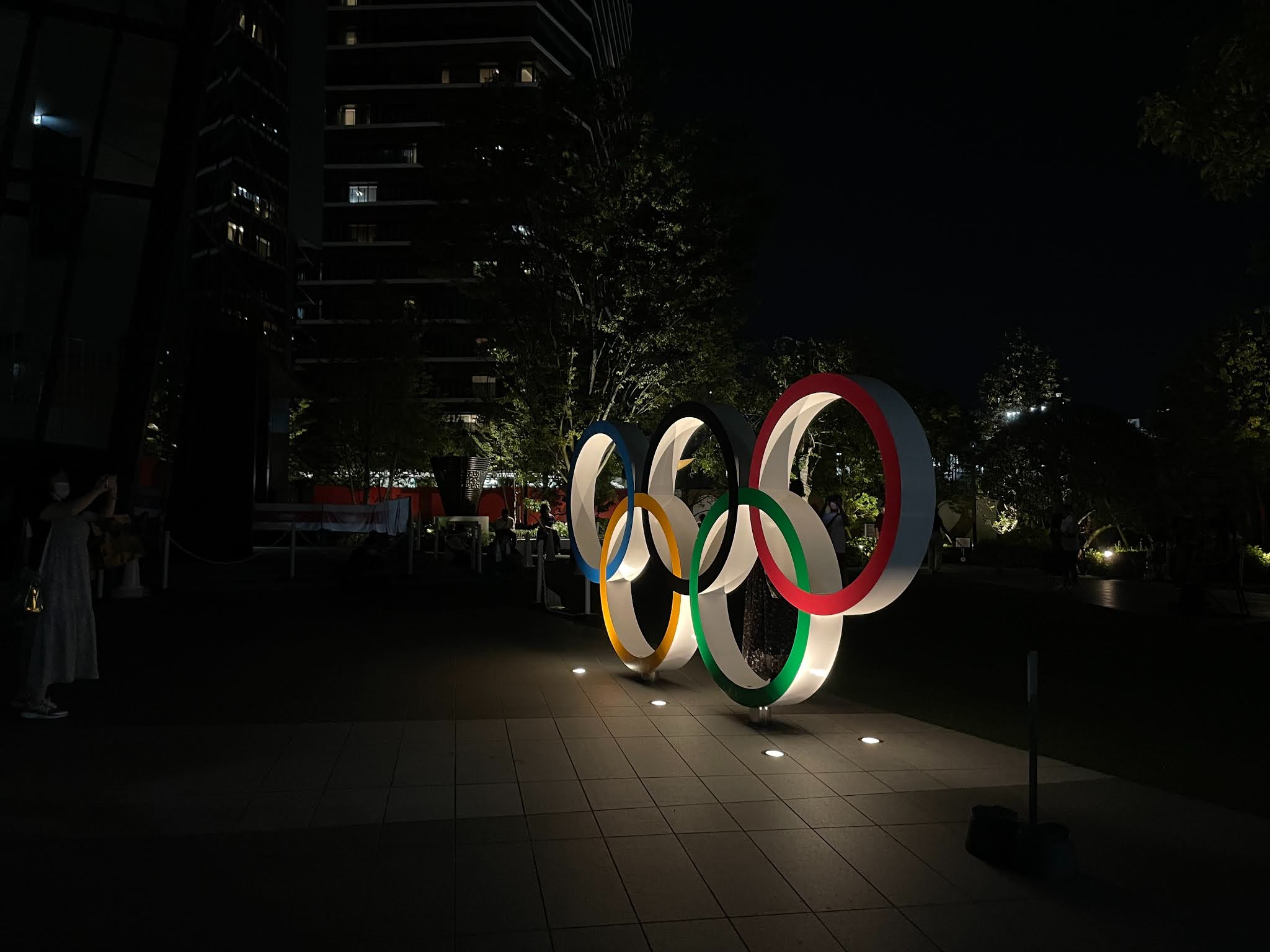Sports Media discusses the deeper meaning behind the Tokyo Olympics by Ishaan Chadha
By Ishaan Chadha
New Year’s Day is one of those very few moments in the year, where a person can hit the reset button to start fresh. Whether someone achieved prosperity or loss during 2019, they were eager to start 2020 on a positive note.
The start of a new decade was definitely a year to remember but for all the wrong reasons. It consisted of world-shifting events such as the COVID-19 pandemic that led to the cancellation of sporting events across the world and most notably the 2020 Olympics. Even though things have begun to slowly normalize since the rollout of the vaccine nationwide, many of Tokyo’s hotels and restaurants are suffering due to the strict adherence of restrictions put in place by the International Olympic Committee (IOC), which banned international spectators in March. Throughout the past year, the discussions about the Tokyo Games have been dominated by rising COVID-19 case counts, inadequate vaccination totals, and revenue losses created by the cancellation of the games last summer. These factors have dominated the headlines, but the deeper meaning behind the Olympic Games goes beyond sponsorship and revenue losses. For the first time in over a year, athletes around the world will acquire a chance to not only represent their country, but also have the opportunity to showcase their abilities.
According to the IOC, the postponement of the Olympics caused about 16,000 total Olympians, representing more than 200 countries, to place their lives on a standstill. Imagine training for four years, sacrificing time with family and friends, and then once that day arrives, you are told that you have to recommit to an additional 12 months of training your mind and body. As a result, it caused some of the best athletes in the world, such as LeBron James and Dean Gardiner to shelve their Olympic bids, due to the uncertainty of the delayed Tokyo Games. “I just couldn’t do it all,” the 32-year-old Gardiner told the Chicago Tribune in January of this year. “The year was going by, I was getting older, I have the responsibility of being a father, I have a responsibility to give everything to my college. I have other priorities now that are higher up the list than boxing. ”For athletes around the world, COVD-19 was another roadblock in their athletic journey. The younger Olympians forcibly delayed college enrollments, while older Olympians were placed in other hindrances, such as delayed marriage plans or dreams to start a family and live an everyday life.
However, when athletes around the world received confirmation that the Olympics were going to finally commence this year, it definitely lifted their spirits. “We’re finally allowed to have that excitement, and I’m just giddy,” said Kaleigh Gilchrist in an interview with the New York Times. “We can finally showcase all the hard work we’ve put in.” Competitors worldwide will finally have the chance to experience pure adrenaline.
For these athletes, the games mean everything to them, as they have dedicated their entire lives to compete at the highest levels. The bright lights under Tokyo’s Olympic Stadium can open the door to sponsorship opportunities, bonus money for medals, and most importantly, post-competition careers. For many, it provides them the rare chance of performing on a global stage, while gaining notoriety across their home country- the chance to immortalize one’s self on one of the world’s biggest stages.
“I can’t help but smile when I think about the Olympics this year, '' Katie Ledecky told Mike Tirico on the Today show. “It’s pretty amazing how the world came together to stop the spread and really flatten the curve so that the games can happen this year.”

Comments
Post a Comment